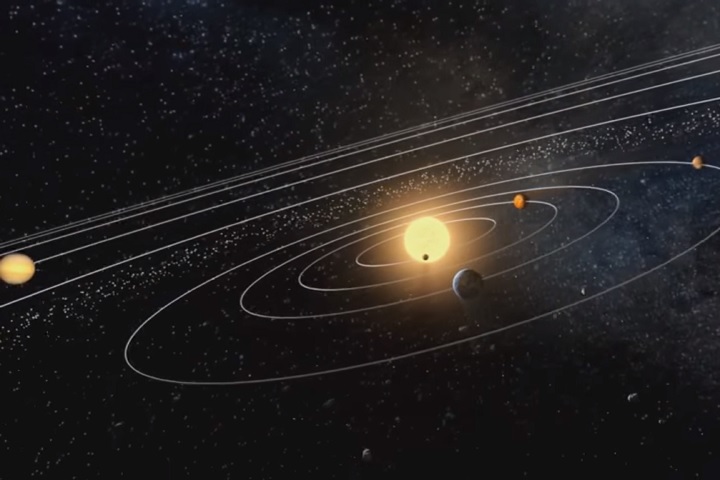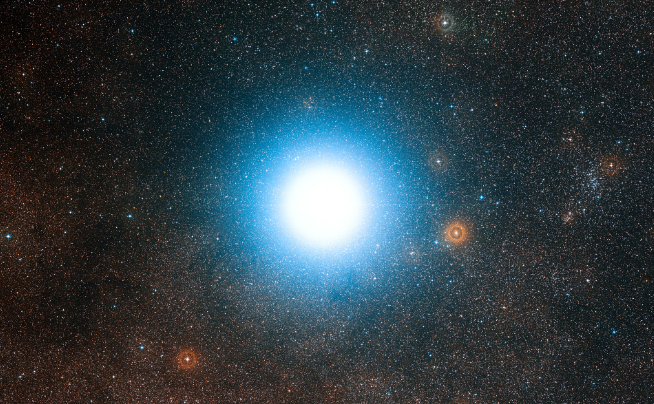
If humans are ever going to achieve interplanetary space travel, you can bet that somehow, the U.S. National Aeronautics Space Agency (NASA) will be involved. Its latest plans involve first sending an unmanned spacecraft to one of the nearest star systems, and then figuring out how or where to proceed from there.
This is according to a recent report on NewScientist, which details part of what the experts from NASA's Jet Propulsion Lab (JPL) want to undertake. Their project reportedly aims to reach a nearby exoplanet in order to look for signs of life. Though the mission is still unnamed, and the craft with which the team plans to do it still doesn't exist, they're already working on the details of their plan.
Interplanetary search for life
The projected launch date for this groundbreaking mission is set on the 100th year anniversary of the first moon landing. That means it's scheduled to happen in 2069, which gives NASA's JPL just a little under 50 years to turn the dream – that is, reaching a nearby exoplanet on the nearest star system – a reality.
The star system that is being targeted, in this case, is none other than the three-star Alpha Centauri constellation, which lies 4.4 light years away. Using a space shuttle that can travel at a maximum speed of about 17,600 miles per hour, it's possible to reach it after about 165,000 years. Of course, that would be sub-optimal. Instead, NASA's JPL scientists plan to use a spacecraft that can travel at 10 percent the speed of light, and projects that it would reach its destination after only 44 years.
That puts the projected arrival date at some time around the year 2113, almost a century from now. Since that would be quite a ways from the day of the launch, NASA is also reportedly considering using tiny probes powered by lasers that could, in theory, reach a quarter of the speed of light, and therefore arrive at Alpha Centauri even before the yet-to-be-created spacecraft gets there.
At this point in time, NASA has already created and sent out one interplanetary spacecraft into space. It's called Voyager 1, and as of this time's writing, it has traveled around 13 billion miles into space ever since it was first launched in 1977. It is currently the farthest man-made object from Earth. Current estimates say that if it were traveling to the nearest star system, Alpha Centauri, it would take Voyager 1 around 70,000 years.
The why and the how
There are many reasons why NASA wants to pursue this mission to fly to the nearest star system. For one thing, it can aid them tremendously as they continue their search for signs of life outside of the planet. As a matter of fact, the announcement of this mission was made after a former head of the Pentagon's secret UFO-hunting bureau said, "We may not be alone," in reference to reportedly "compelling evidence" that supports the idea of alien life.
But above all else, it's just sound science for NASA to conduct an expedition into the unknown depths of space, which may or may not contain habitable worlds, and yes, possibly even life. The space agency now has at least a handful of decades to figure out exactly how it can accomplish the tasks at hand. And if it actually manages to exit the solar system by way of a probe or a future space ship that can travel at some fraction of the speed of light in a hundred years time, it will assuredly be a spectacle that's going to be worth the wait.
Read more about space exploration by visiting Space.news.
Sources include:
Please contact us for more information.















